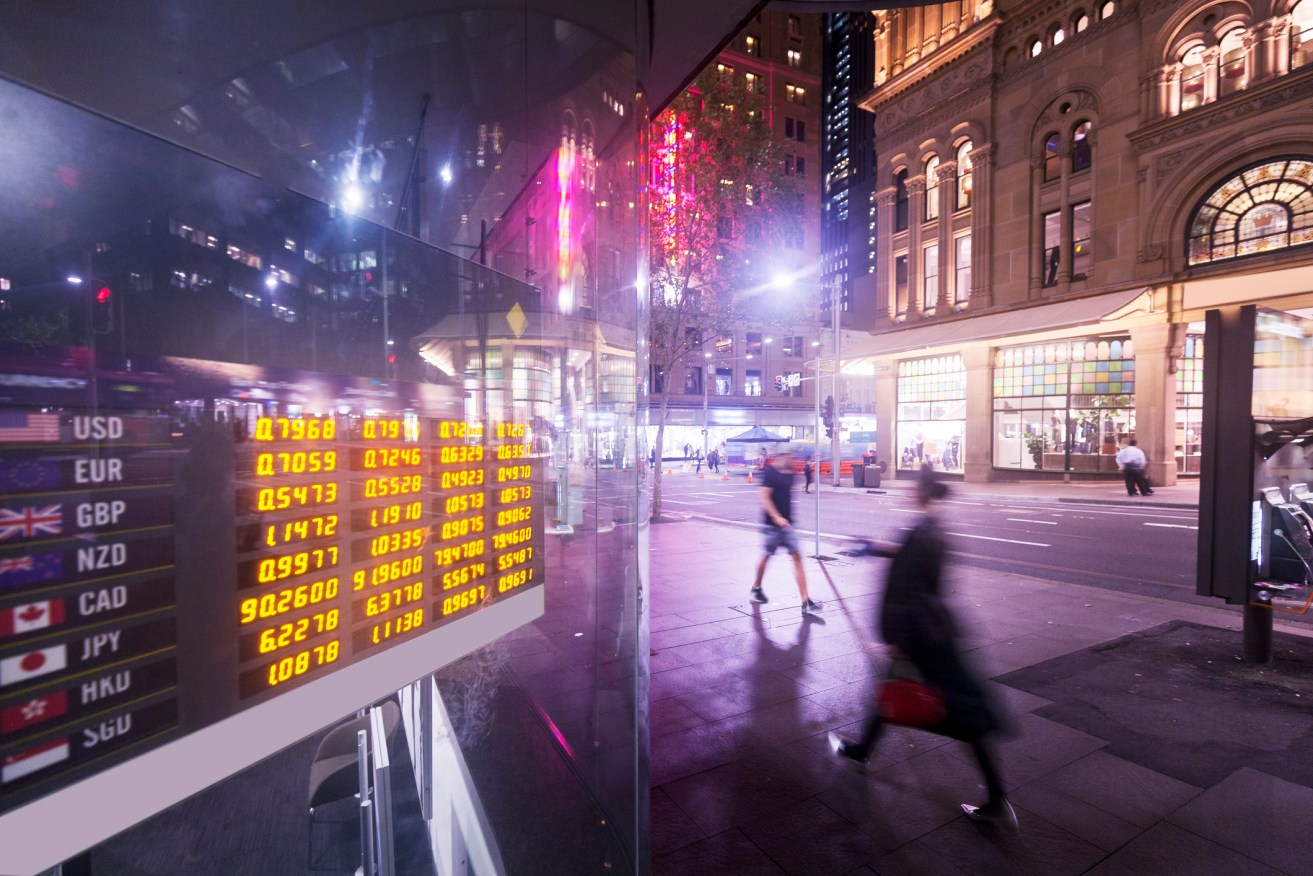
As economy starts to reopen, we may still be near market ‘low point’
Australia’s share market has rebounded strongly since the low point of March 23. Despite the scale of the recovery, the major indices are still well below the levels of February 20 when the ASX 200 peaked.

(Supplied)
With our economy progressively reopening, it’s plausible that we are at, or near, the low point of the economic cycle.
On the downside, although Australia has been effective in controlling COVID-19, the risk of recurring outbreaks remains.
According to Morgans analyst, Andrew Tang, it’s likely the Australian economy will recover from the September quarter onwards.
But Tang warns that even if everything goes to plan, the economy is unlikely to return to pre COVID-19 levels of business activity until late 2021 or early 2022.
Tang says in the early days of the market selldown, some sectors were hit harder than others.
Not surprisingly, healthcare, consumer staples and telecommunications stocks held up well.
But some of the worst performers were stocks in the financial, real estate and energy sectors, with demand for their products effectively drying up.
When the market bottomed out on March 23, the gap between the valuations of the most – and least – affected sectors had become huge.
Tang says that as the economy tentatively re-opens, that gap is now partially reversing. But the hardest-hit sectors still make up a much smaller share of the overall market than they did before the crisis.
“We have seen something very similar happen during, and after past crises,” Tang says.
“The Global Financial Crisis hammered Banks, Financials and Real Estate, and they have never regained the share of the market they had before the crisis.”
“But they still outperformed for a long time from March 2009 after the market as a whole started to recover.”
We don’t know how quickly the changes in consumer spending and business behaviour created by the lockdown will reverse, or even if they will entirely, Tang says.
“But if, as we expect, the outbreak is brought under control and the economy continues to re-open, we doubt that Financials, Energy and Consumer Discretionary stocks will continue to lag.”
“For example, the share prices of the major banks haven’t rebounded in line with the broader market,” Tang says.
“Their valuations, based on price-to-book ratios, have recently been lower than they were during the GFC.”
Tang also says commodity prices, which plunged during the downturn, should rebound as the global economy recovers.
“If so, based on their past relationship with commodity prices, shares in the energy and materials sectors are likely to do well,” he says.
But with not all industries and businesses returning to operations at the same pace and magnitude, Morgans warns investors need to be selective.
Stocks to target include those with pricing power in a subdued economy, strong balance sheets, and businesses that cater to what we need, not what we want, in a possible looming future of belt-tightening.
For more information on investment opportunities in the current market, get in touch with your local Morgans office.

















